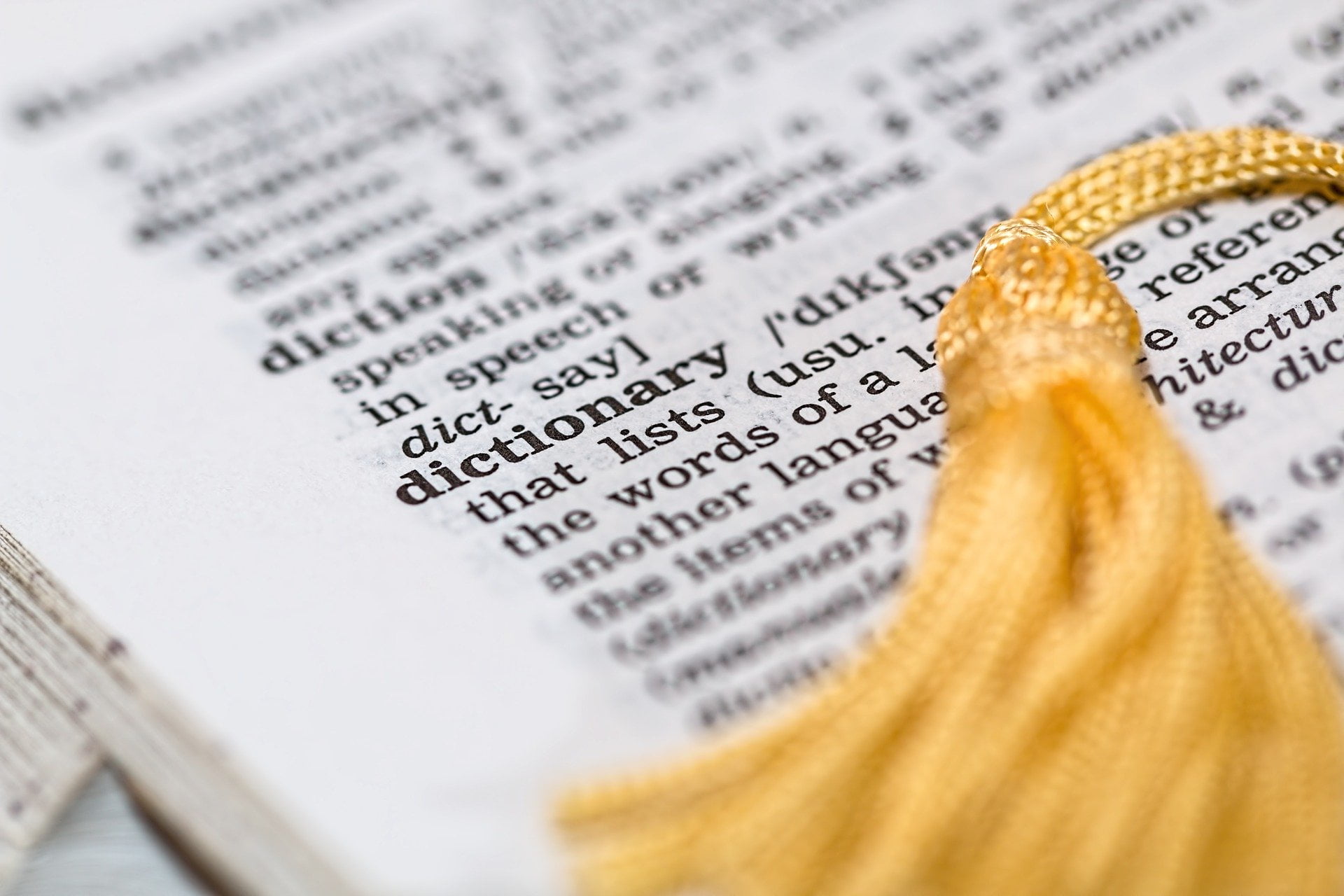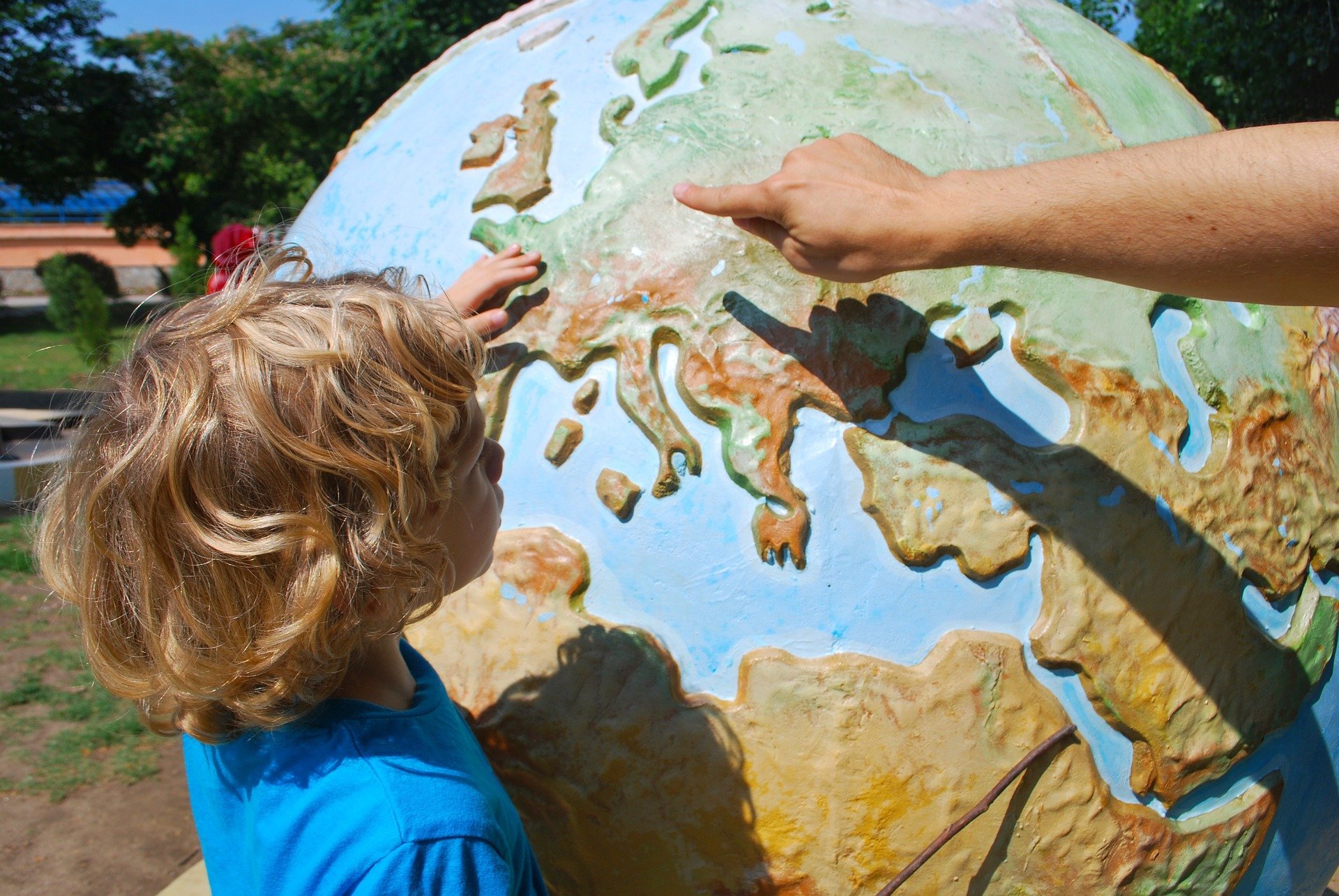Have you ever experienced textpectation? According to the Urban Dictionary, that’s “the anticipation one feels when waiting for a response to a text message.”
This new word, textpectation, is an example of a blend or (in Lewis Carroll’s more fanciful phrase) a portmanteau word. Blending is just one of the many ways that new words enter the English language, and more new words are being invented constantly!
The English language has developed over centuries, and many of the words we use today have come about from one of two overarching sources: evolving words from English or English-adjacent languages themselves, or deriving from loan words from other languages. Some of those adapted words, called portmanteaus, still sound similar to the words in other languages that they’re related to, but this isn’t always the case – false cognates, or words that sounds like they should be related in meaning but actually aren’t, can trip up even expert writers.
In fact, most new words are actually old words in different forms or with fresh functions. We often think about word formation as something that happened centuries ago, but in fact, it’s something that continues to this day. Language is constantly evolving and expanding! As some words fall out of fashion and into obscurity, others come into being, often because of highly specific contexts of time and place. This process of fashioning new words out of old ones is called derivation — and here are six of the most common types of word formation:
- Affixation – example : semi-celebrity
- Back formation – example – liase
- Blending – example – frankenstein
- Clipping – example – zoo
- Compounding – example – office-ghost and
- Conversion – example – accessorize
By the way this leads to an interesting thought. What do you think could be a new word for an electronic nose? Or a new word for a sensor fabric? Let us know in the comments!




